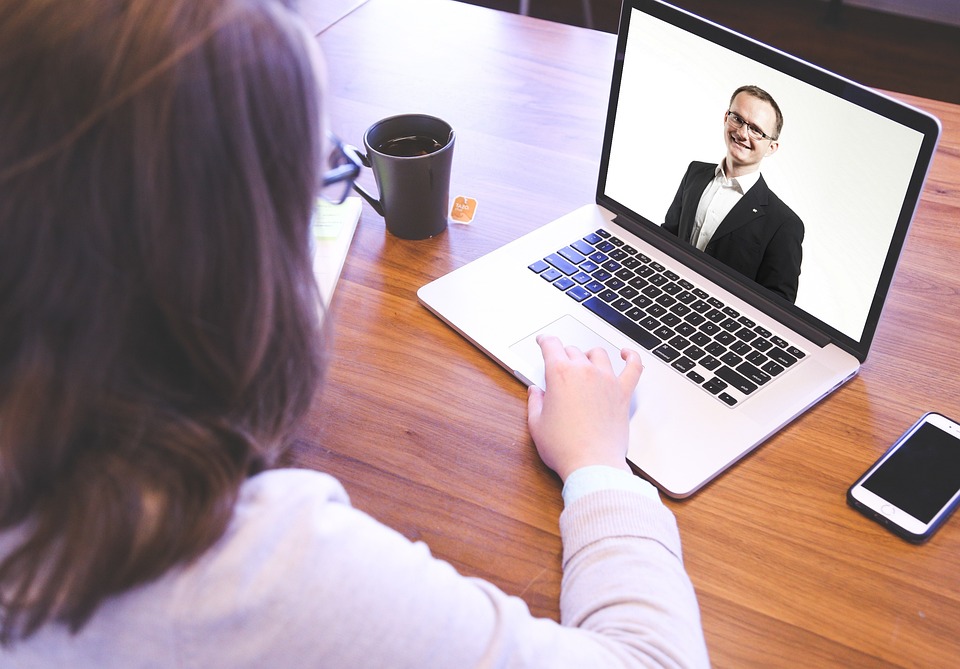In today’s digital age, social media platforms have become an integral part of our daily lives. From connecting with friends and family to staying updated on current events, social media offers numerous benefits. However, the excessive use of social media has raised concerns about its impact on mental health. In this article, we will explore the various ways in which social media can affect mental well-being and discuss strategies to maintain a healthy relationship with these platforms.
The Rise of Social Media
Social media has transformed the way we communicate, share information, and interact with others. With the rise of platforms such as Facebook, Instagram, Twitter, and Snapchat, people have unprecedented access to a vast network of individuals from around the world. While social media has revolutionized communication, it has also given rise to new challenges, particularly in terms of mental health.
Comparison and Self-Esteem
One of the biggest concerns surrounding social media is the impact it can have on individuals’ self-esteem. Many people tend to compare their lives to the carefully curated posts of others, leading to feelings of inadequacy and low self-worth. Studies have shown that excessive time spent on social media can contribute to symptoms of anxiety and depression.
Examples:
- A study conducted by researchers at the University of Pennsylvania found that participants who limited their social media use to 30 minutes per day reported significant reductions in feelings of loneliness and depression.
- Another study published in the Journal of Social and Clinical Psychology concluded that comparing oneself to others on social media can lead to negative psychological outcomes.
Sleep Disturbances and Mental Health
In addition to impacting self-esteem, social media can also disrupt sleep patterns, which can have a negative impact on mental health. The blue light emitted by screens can interfere with the production of melatonin, a hormone that regulates sleep-wake cycles. Many individuals report staying up late scrolling through their social media feeds, leading to sleep disturbances and fatigue.
Statistics:
- According to a study by the National Sleep Foundation, 95% of people surveyed reported using electronic devices within an hour of bedtime, which can disrupt sleep patterns.
- Research published in the journal Sleep Health found that high social media use was associated with poor sleep quality and increased symptoms of anxiety and depression.
Strategies for Maintaining a Healthy Relationship with Social Media
While social media can have negative effects on mental health, there are steps individuals can take to mitigate these risks and cultivate a positive online experience:
Limit Screen Time:
- Set boundaries for how much time you spend on social media each day.
- Use screen time monitoring apps to track your usage and identify patterns of excessive use.
Curate Your Feed:
- Unfollow accounts that make you feel inadequate or trigger negative emotions.
- Follow accounts that inspire, educate, and uplift you.
Practice Mindfulness:
- Be present and mindful when using social media, rather than mindlessly scrolling.
- Take breaks and engage in activities that promote mental well-being, such as exercise, meditation, or hobbies.
Conclusion
Social media has revolutionized the way we connect and communicate with others, but it also poses risks to mental health. By being mindful of how we interact with social media and implementing strategies to maintain a healthy balance, we can mitigate these risks and foster positive well-being. Remember, it’s essential to prioritize self-care and prioritize activities that nourish our mental health, both online and offline.
